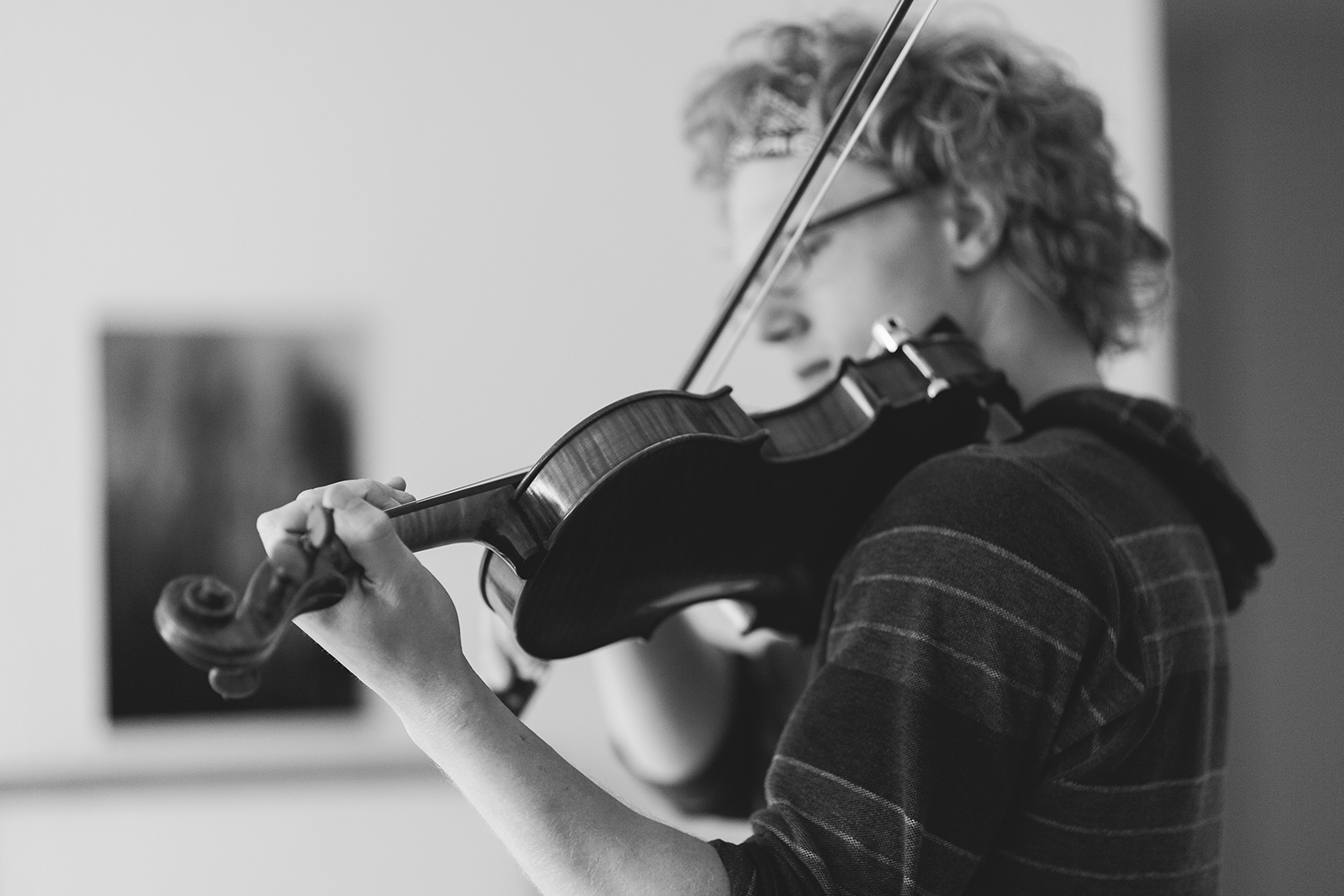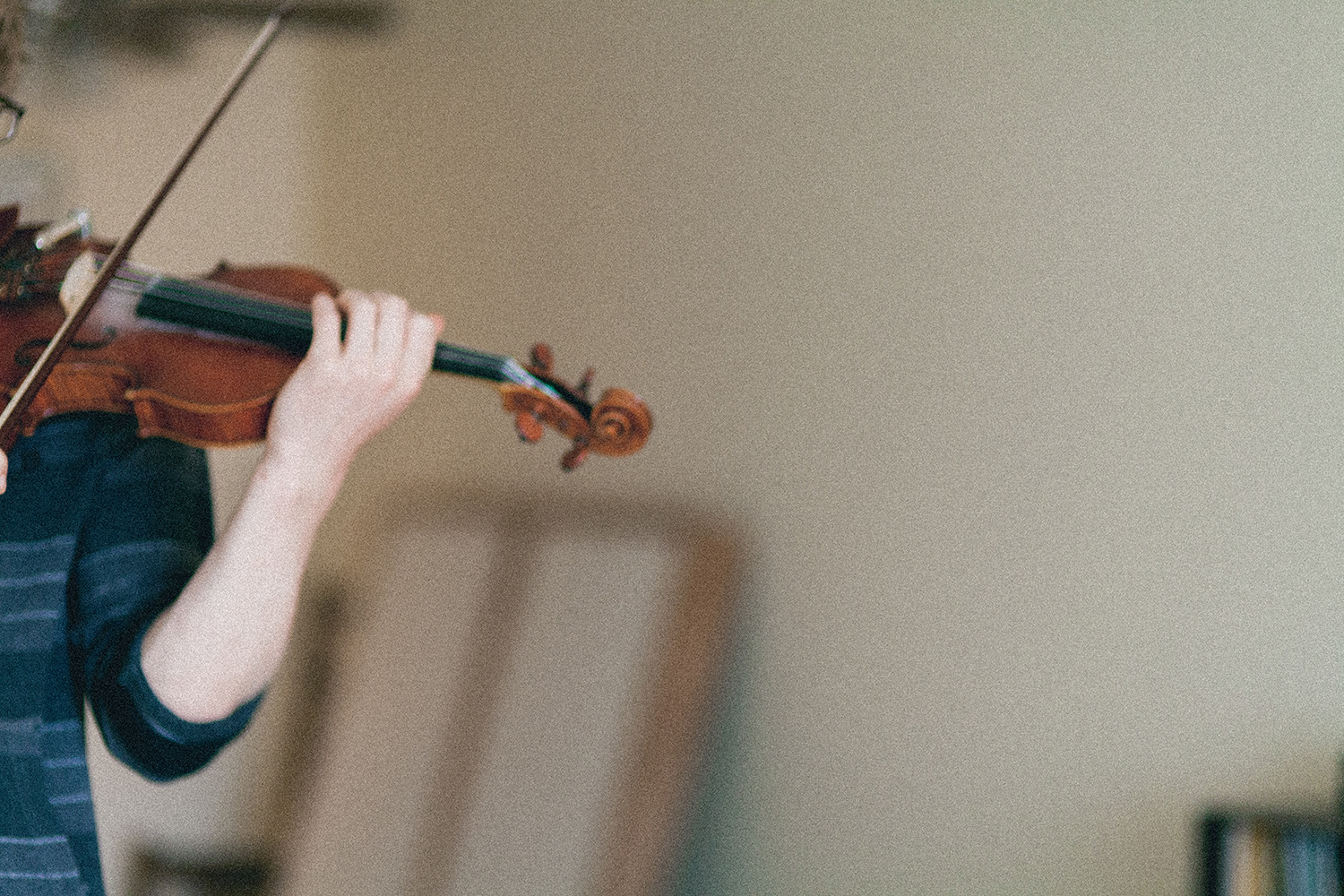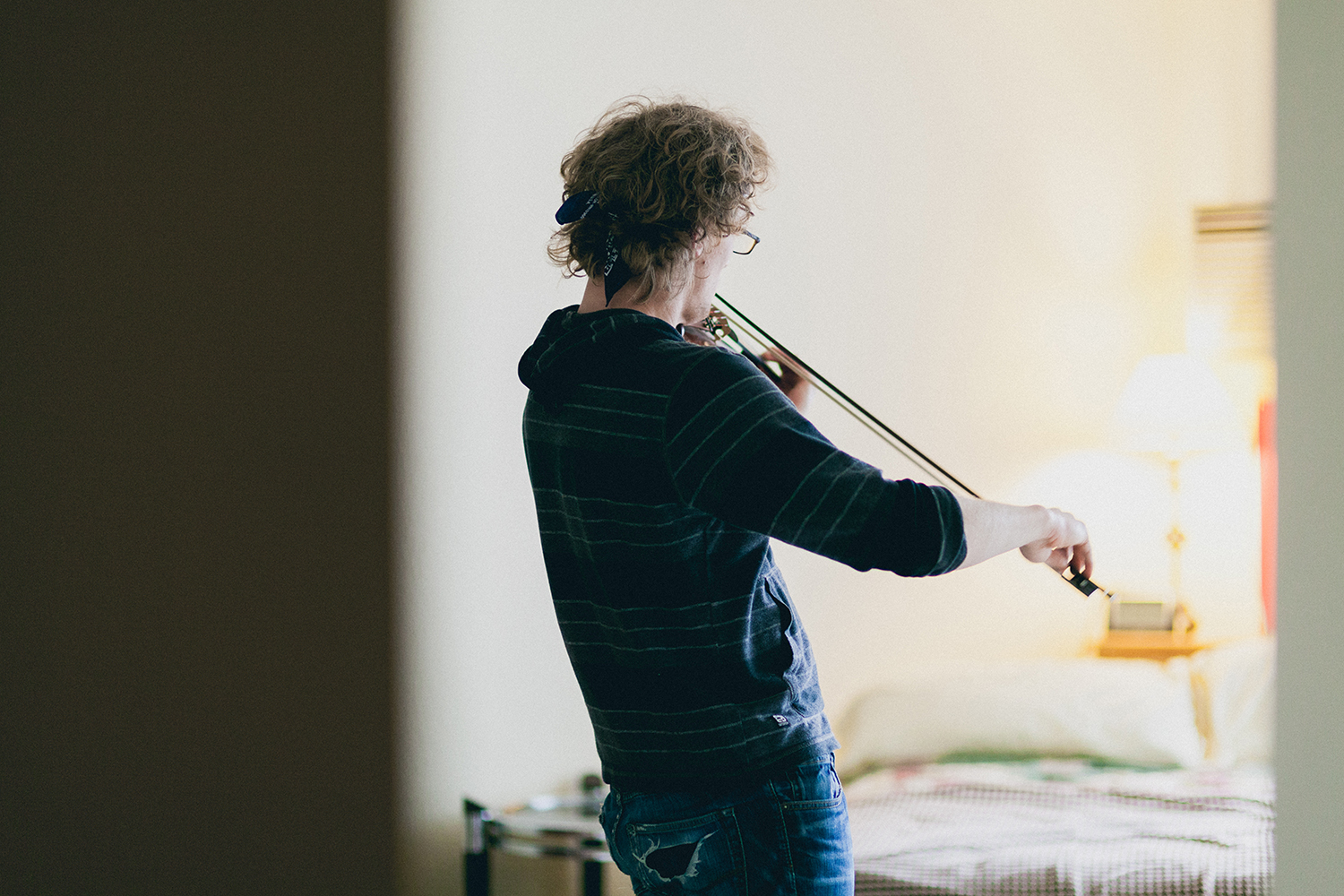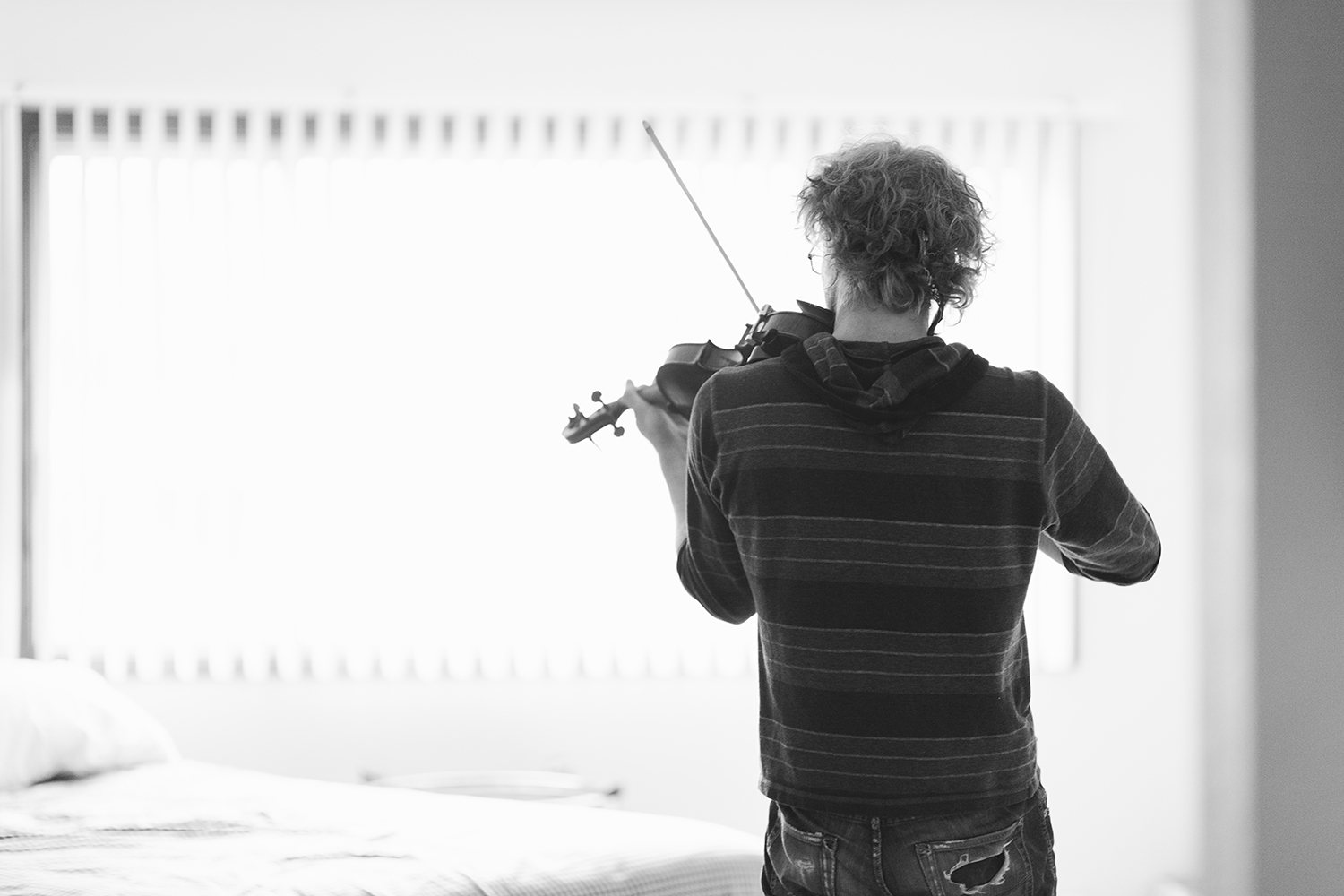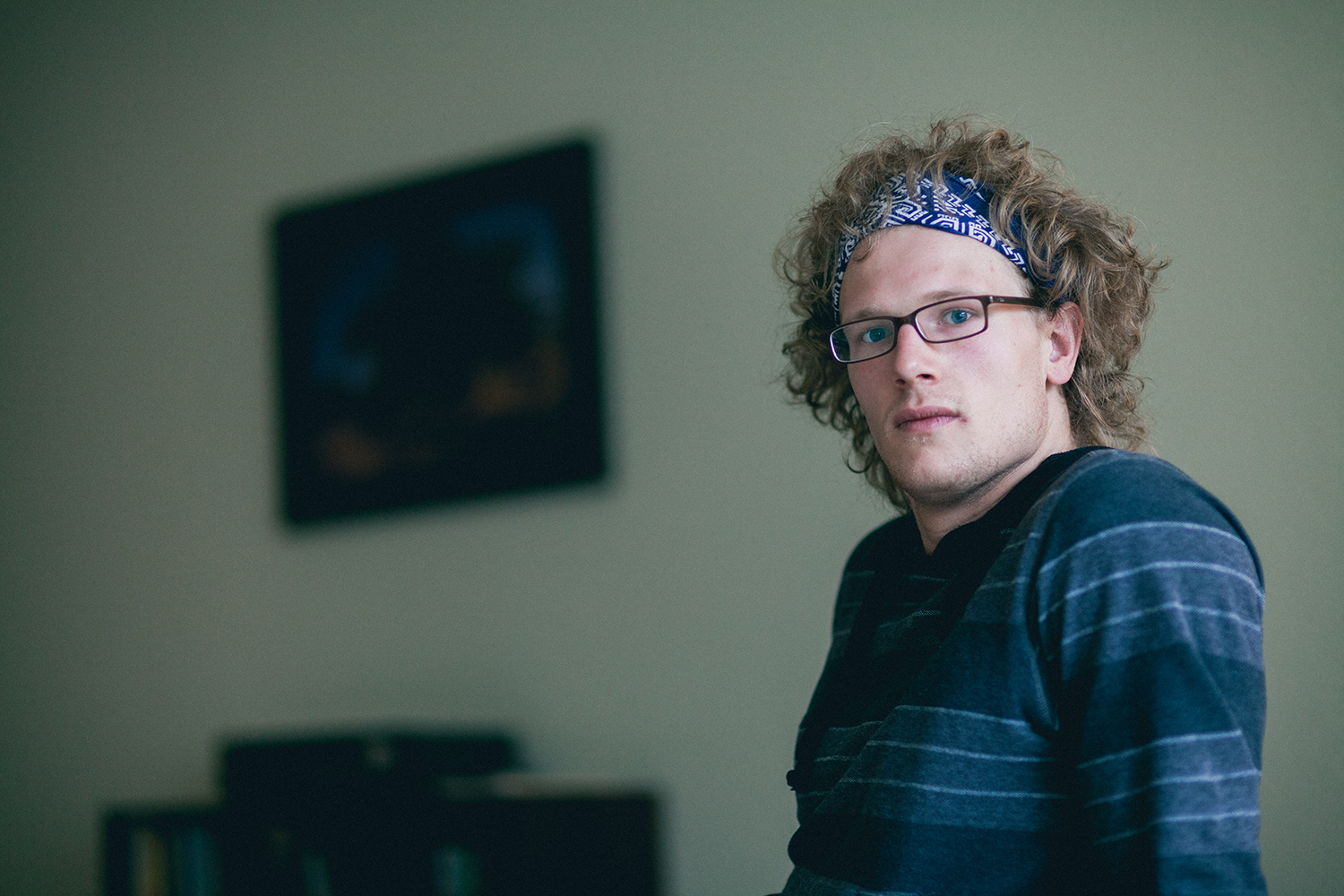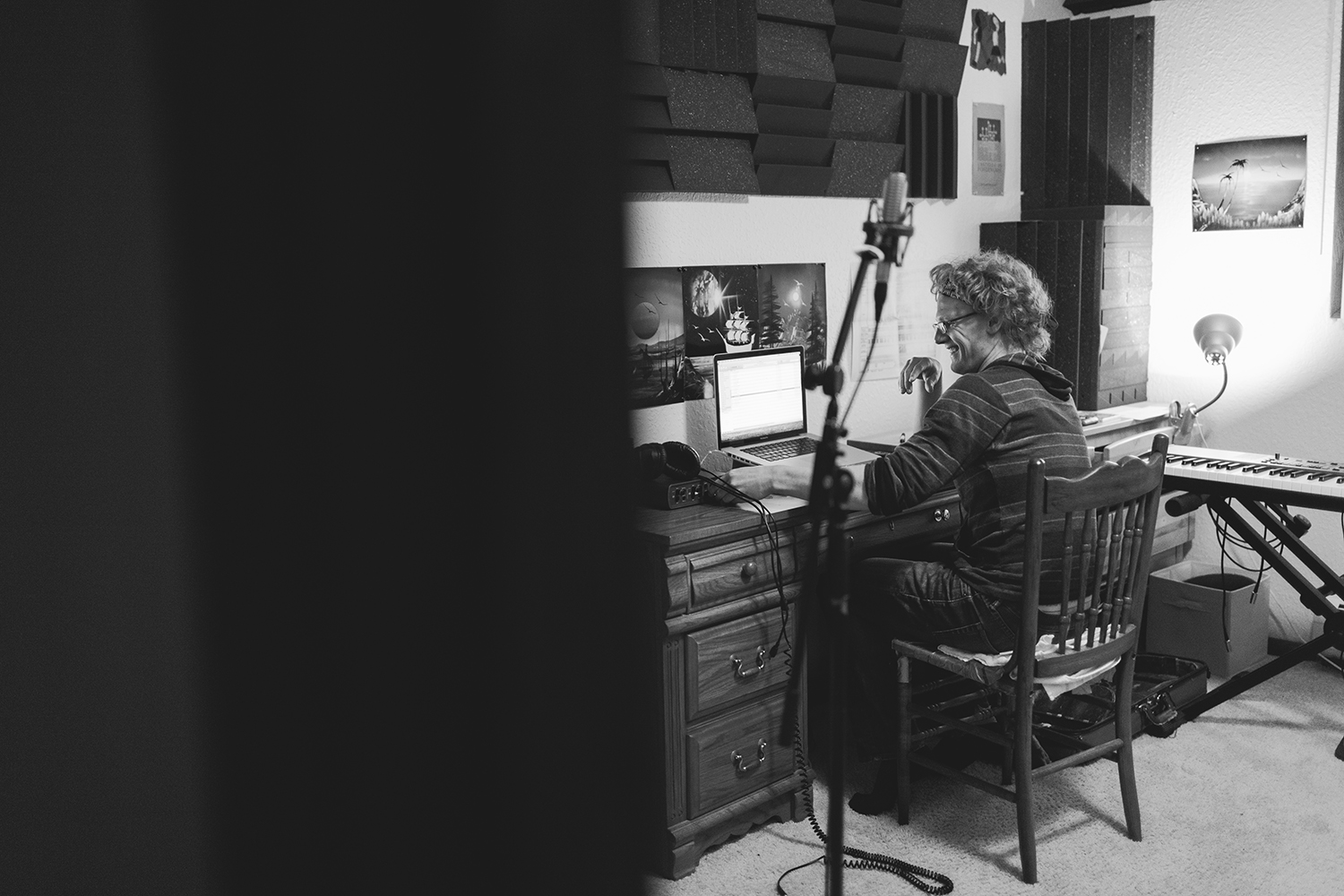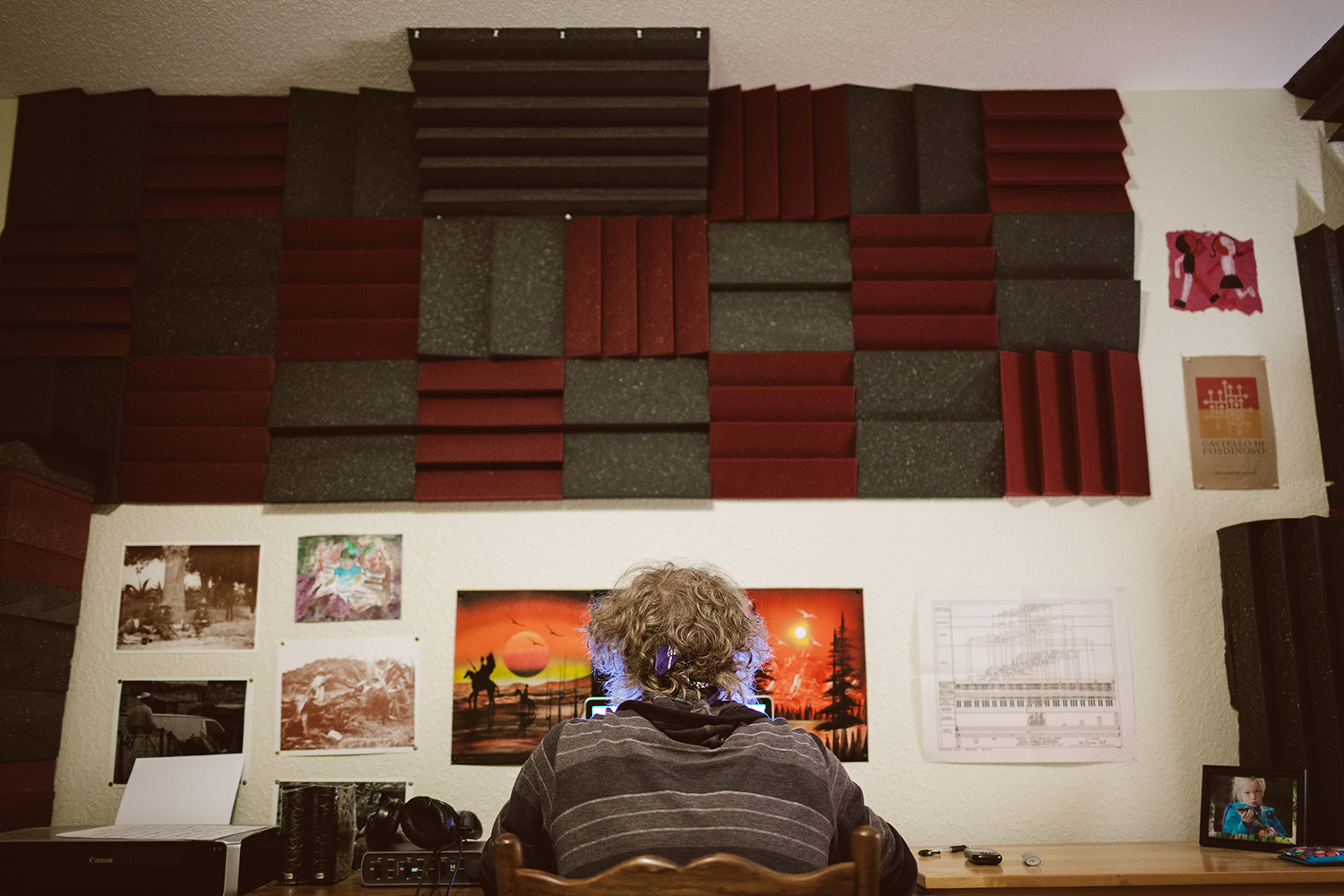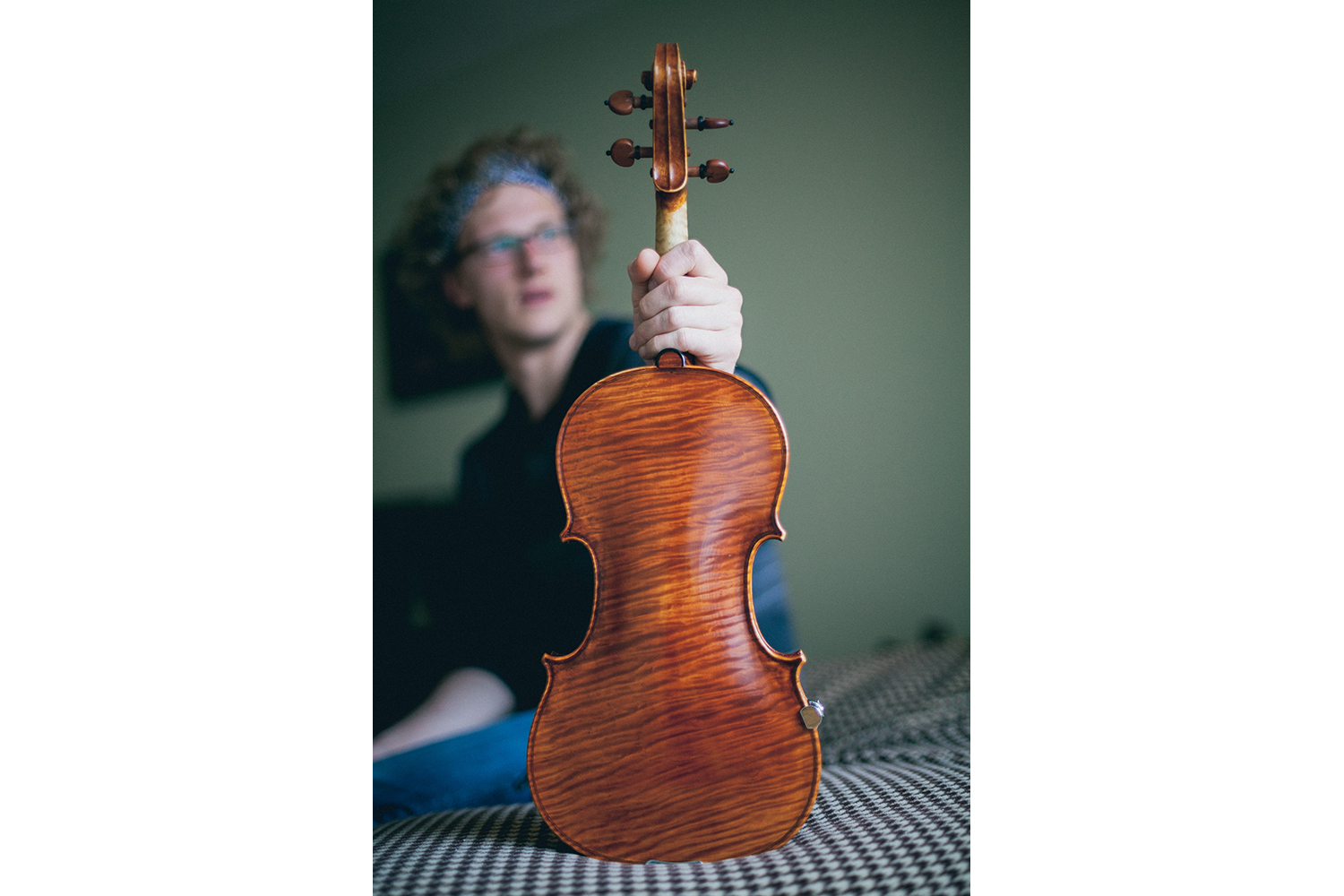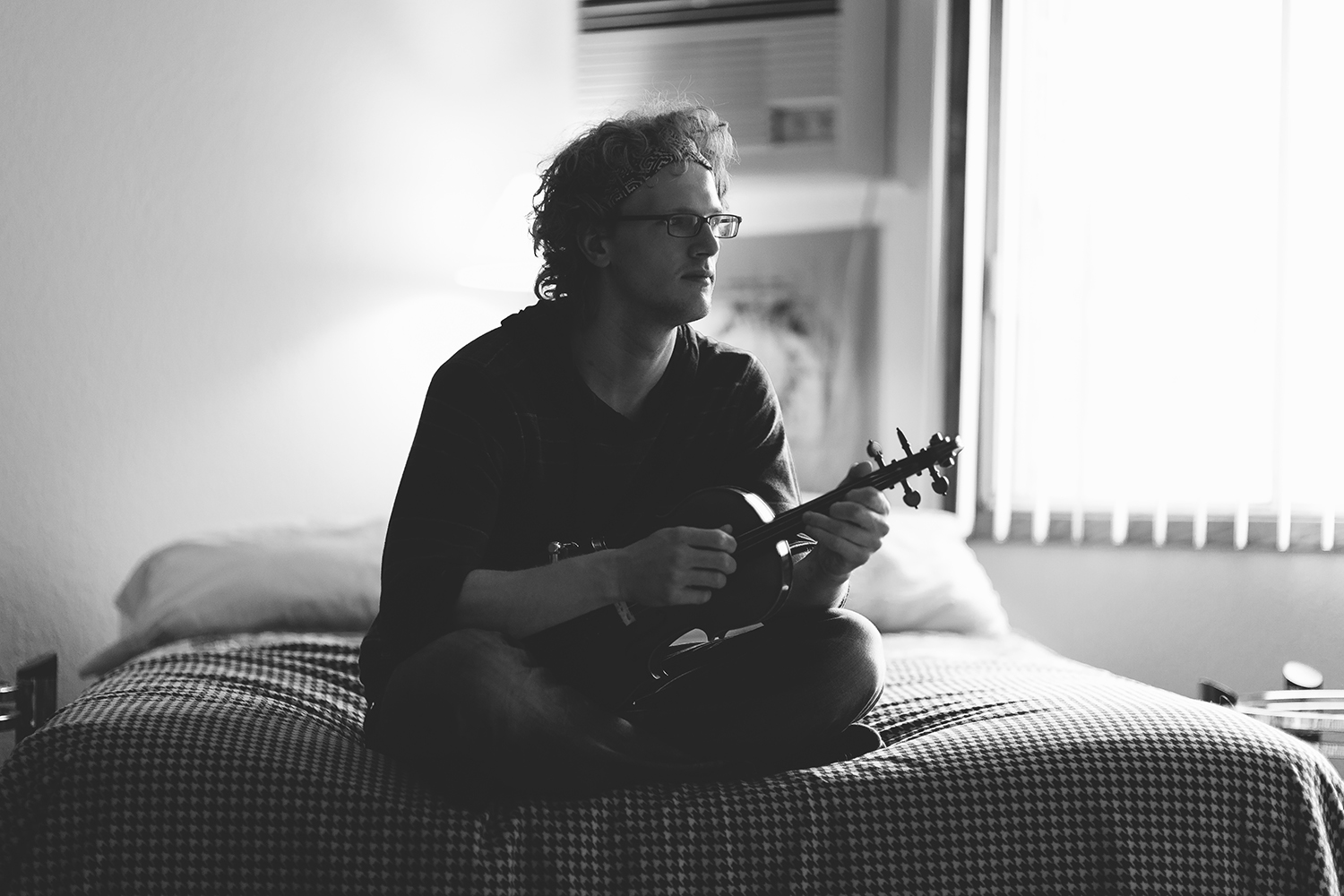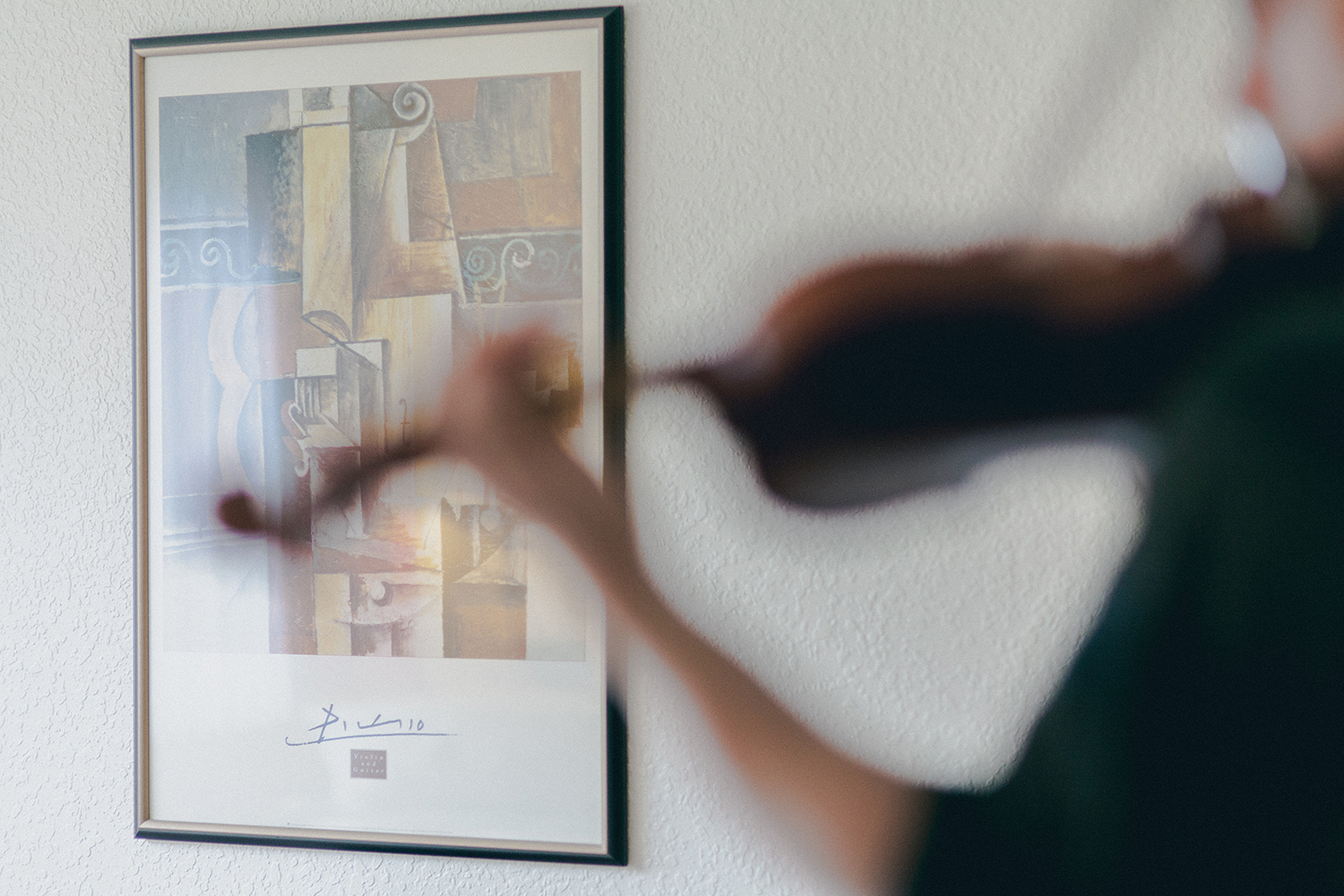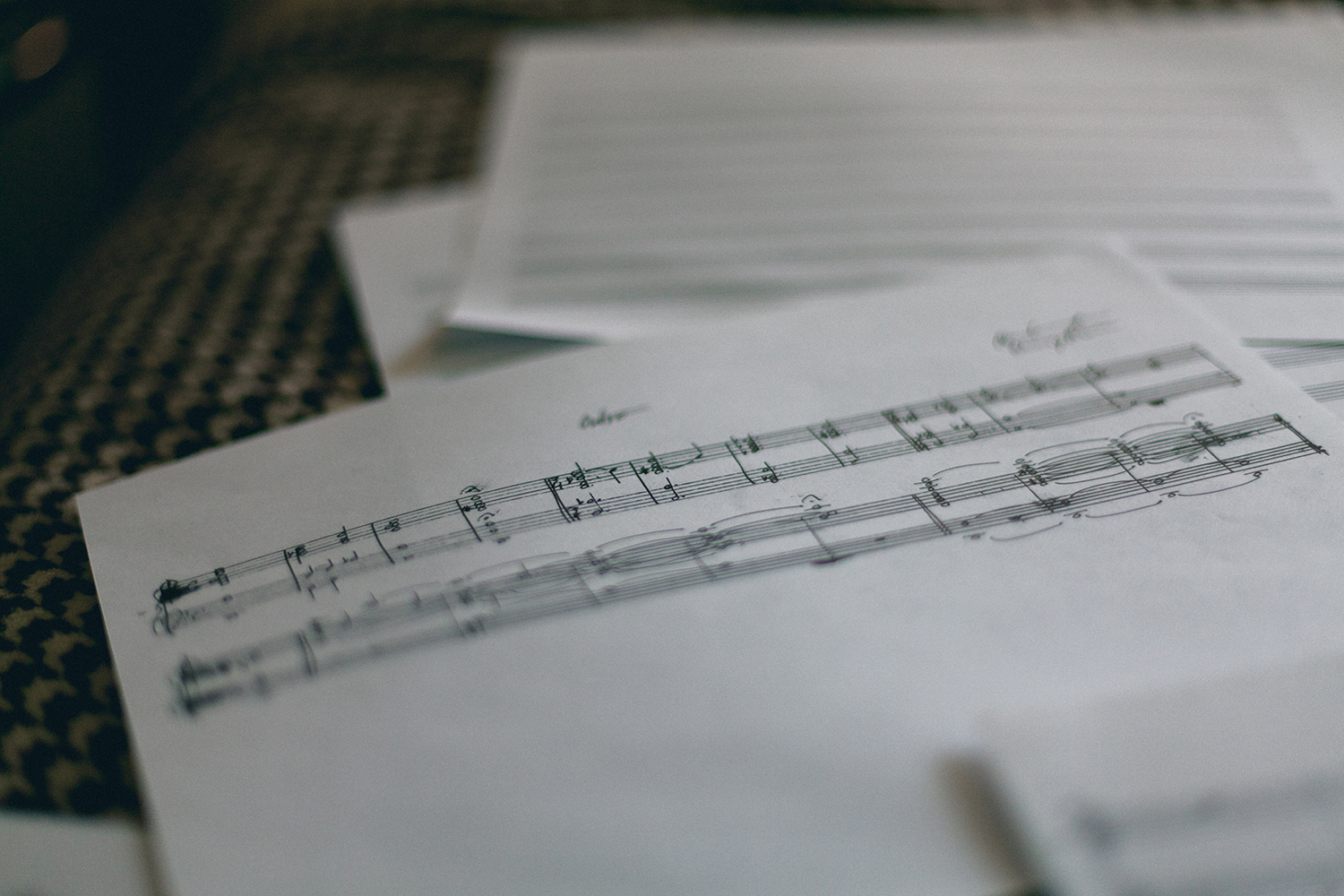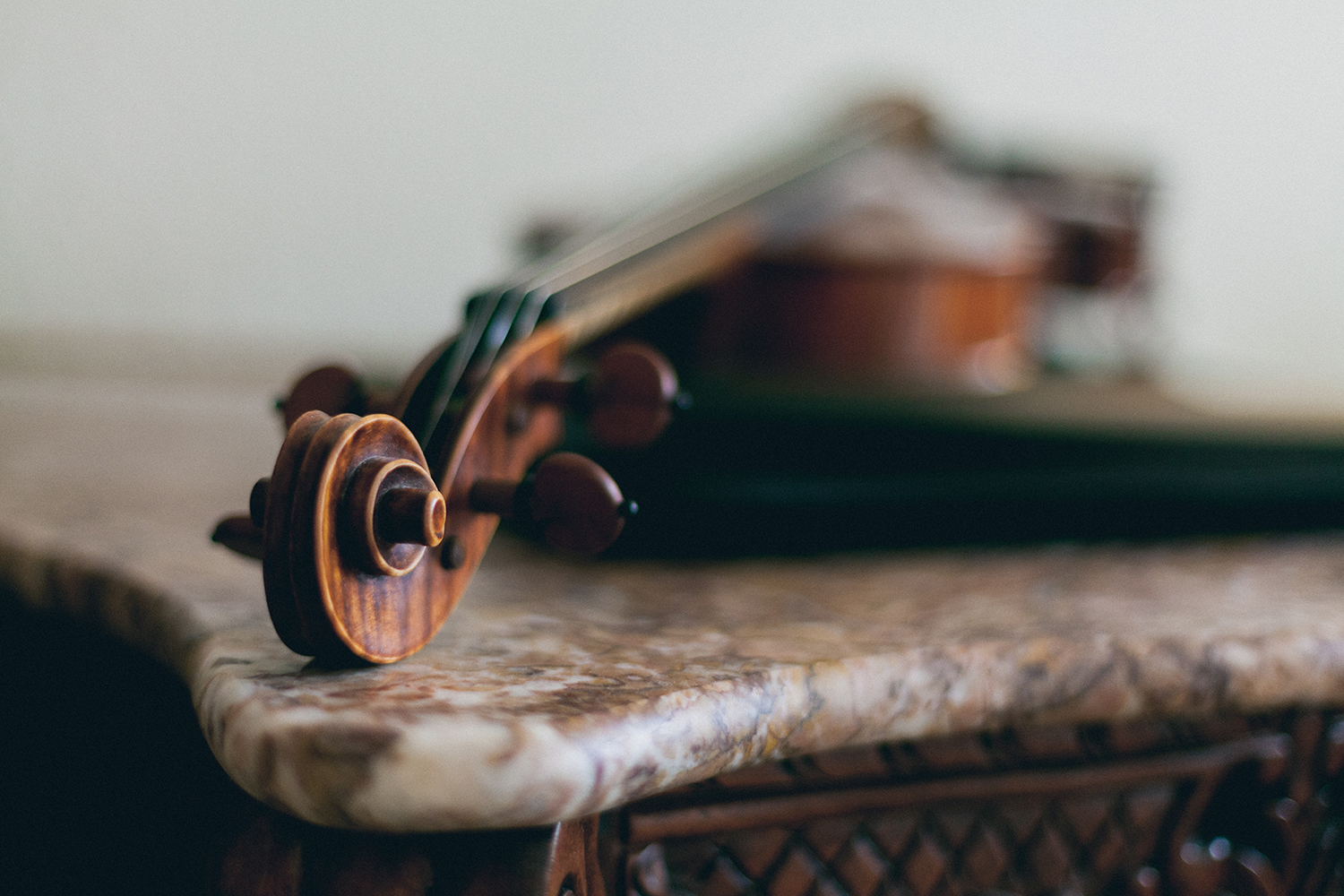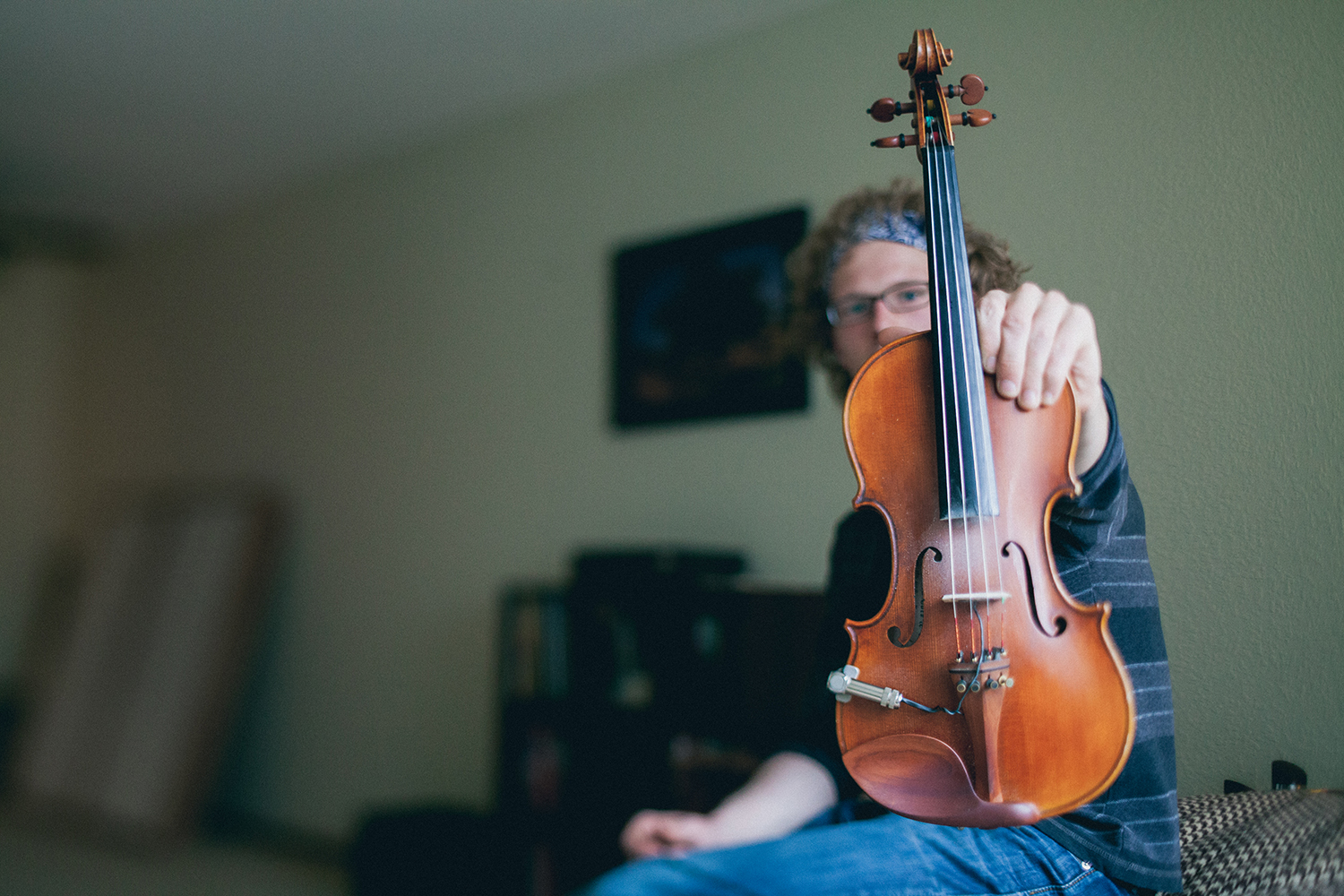LISTEN NOW:
SUMMARY:
In this episode Christopher shares his story as a professional musician and composer, and the three things he believes are essential to consider when communicating through music.
Check out Chris’s latest project Vistas by clicking here:
http://pausemusicale.com/groove-singulier-avec-tuarrah-vistas/
Music at the end of the episode: “Creation” by Christopher Marion
Submit your original music to be featured on an upcoming episode of our podcast: http://www.afaceproject.com/submissions/
NOTES:
[0:01] We’ve joined Podcastica! Check it out: podcastica.com
[1:05] A Face Project’s mission: why we’re sharing people’s stories
[1:45] We have a quarterly magazine you can subscribe to! Digital & print
[2:45] Get a free sample of our magazine (digital) by signing up to our newsletter
[3:20] How you can help A Face Project grow and share real stories
[4:05] Christopher’s story
[5:00] Favorite types of music
[5:15] Thoughts on jazz music
[6:00] The three things that are the most important when trying to channel art
[6:15] ONE: Being honest and making things for the right reasons
[6:50] TWO: Balance
[7:20] THREE: Speaking clearly with the skills you have
[8:00] What instrument Christopher speaks the clearest with
[8:55] Own what you do, how you are
[10:12] “Creation” by Christopher Marion
READ THE TRANSCRIPT:
My name’s Christopher Marion. I’m a freelance musician and composer and arranger. My main line of work is string arranging. I’m a multi-instrumentalist. I play piano, guitar, base, most things with strings, and they help me with my compositions. Over the last couple years, I’ve had the opportunity to work on hundreds and hundreds of pieces of music and the majority of my scores are handwritten. My favorite types of music are jazz and classical music, but I also love R&B and soul music and reggae. I’m in the Bob Marley mode right now.
I think jazz, as much as I’m not necessarily a jazz musician myself, but for me, listening to it just the format of improvising around these structural constraints, I don’t know, I think it just allows for the greatest flexibility, the clearest expression of an artist’s vision, at least the grates. Maybe I overstepped when I said that jazz was the clearest because a lot of classical pieces, they are perfection. You know, they’re the clearest expression of what that artist wants to say. They’ve taken the time to dictate every note, and the best jazz players, it sounds composed to my ears. They’ve got such a command over how things are spoken.
The three things that I think are the most important when trying to channel art, the first one, the most paramount is to be honest. It really levels the playing field. Being honest has a lot to do with really being comfortable with bringing your own life experiences to the table and making things for the right reasons. I think a lot of artists can get caught up in making things to impress people or making things to try and be like another artist, which is cool. Everyone needs influences and I have thousands. Everyone has them, but I think just being comfortable in what you have to say based on your life experiences is like you’ve got to do that, even if you’re not necessarily as skilled as an artist. We all have our shortcomings. We can all say something relevant and valid.
The second thing is balance. I think it’s not necessarily achieving balance, and when something is completely balanced, it can feel right, but all my favorite art is sort of slightly off balance, a stone in your shoe. John Coltrane, he’ll play these notes sometimes that will just make me squirm a little in my seat, but that’s a part of the experience. That’s part of his honesty. That’s part of what he has to say.
Then the third thing is speaking clearly, having the skills, developing your own skills to say what you need to say, what you want to say. It’s really important to get what you want to say across as best as possible, so that has to do with developing your own skills and your own voice enough that you can be completely comfortable and your bag of material can be as deep as possible to you as a jazz cliché.
I speak the clearest on the violin because I spent 10,000 hours with it. I know the instrument the best. Literally that instrument, I’ve had my violin since I was 11 years old. My parents bought it for me and it’s been with me everywhere that I’ve gone. It’s part of my right arm, the one that I carry it in. I think honesty allows you to develop relationships with people, which is arguably the most important thing ever, ever, ever. Balance is absolutely key. If you do too much of one thing, you’re bound to burn out on it and develop some sort of aversion or bitterness to anything. You never want to be unbalanced. Speaking clearly has to do with developing social skills. I think speaking clearly, you just have to know your own voice. You have to be comfortable with who you are enough to just own it, own what you do, how you are. •
